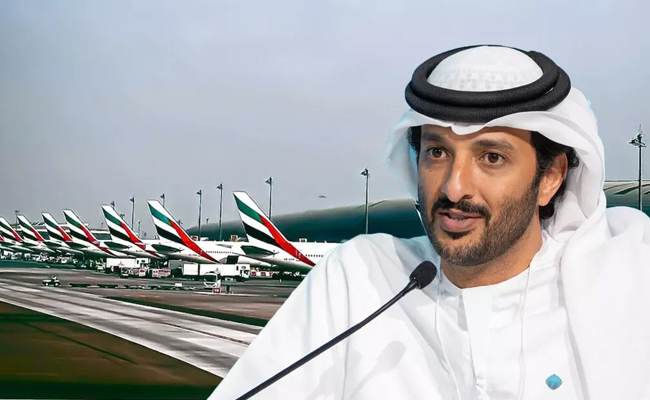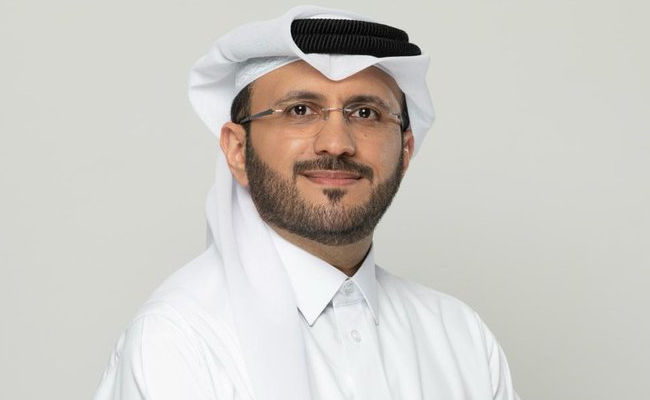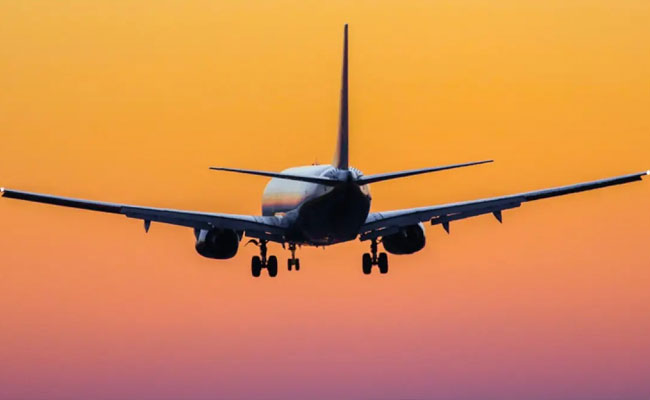New Delhi: Players will have to sign a consent form before resuming training at their respective centres, the BCCI said in its SOPs to state associations, which also barred anyone over 60 years of age and individuals with underlying medical conditions from taking part in camps.
According to its 100-page-long Standard Operating Procedure, the players will have to sign the form acknowledging the risks involved with resumption of training amid the COVID-19 pandemic.
The 2019-2020 domestic season ended in March but the upcoming season, which usually starts in August, is set to be curtailed due to the health crisis.
"The health and safety of players, staff and stakeholders will be the sole responsibility of respective State Cricket Associations," read the BCCI guidelines on resumption of cricket, which is in PTI's possession.
Support staff, officials and ground staff over 60 years of age and individuals with underlying medical conditions are barred from attending training camps until "suitable guidelines are issued by the Government".
From travelling to the stadium to training there, the players will have to follow strict safety protocols.
Before the commencement of the camp, the medical team should acquire travel and medical history (past 2 weeks) of all players and staff through an online questionnaire. Any player and staff suspected to have COVID-19-like symptoms should undergo PCR tests.
"Two tests one day apart (Day 1 & Day 3) should be done to account for false negatives. If both the test results are negative, only then they should be included in the camp," read the SOPs.
The players will have to wear a N95 mask (without a valved respirator) on the way to the stadium and will be encouraged to wear eyewear in public places as well as during training.
"A webinar before commencement and in-person education workshop on Day 1 of the camp must be conducted by the CMO (Chief Medical Officer) for all players & staff..."
Players are advised to take their own transportation on the way to the stadium. Following the ICC's ban, the players are barred from using saliva on the ball.
Let the Truth be known. If you read VB and like VB, please be a VB Supporter and Help us deliver the Truth to one and all.
Abu Dhabi: UAE’s Minister for Economy and Tourism Abdulla bin Touq Al Marri has announced that the UAE has opened safe air corridors in coordination with gulf countries, Gulf News reported.
During a media briefing on Tuesday, Abdulla bin Touq Al Marri also stated that at present the handling capacity is 48 flights per hour.
“The capacity as of today, based on the emergency routes available, is 48 flights per hour with a possibility of increasing this figure at a later stage, according to the latest development and security ratings and measures,” the UAE based English daily quoted the Minister as saying.
The Minister furthermore stated that from March 1 to March 3, a total of 17,498 passengers travelled on 60 flights. In the next phase, 80 flights are scheduled with national carriers, totalling 27,000 passengers. He said the following phases would be launched based on how the security situation evolves and when conditions are deemed safe.
However, regular commercial operations of Emirates, Etihad Airways, and Air Arabia are yet to resume. flydubai has begun limited operations.
Speaking on the reopening of airspace, the Minister clarified that the General Civil Aviation Authority is conducting ongoing coordination and monitoring with partners to assess developments and enable a gradual and safe return of air navigation in the country’s airspace.
As part of the response, limited operational flights have begun to facilitate the return of citizens and residents.
He said, “Airspace safety and human safety will always remain our first priority.”
The Minister urged affected passengers not to proceed to airports unless contacted directly by their airlines, in order to avoid congestion and ensure the smooth flow of travellers during this phase.
UAE airports and national carriers, including Etihad, Emirates, flydubai, and Air Arabia, have instructed passengers not to travel to the airport unless they have received a call from the airline asking them to do so.
According to the newspaper, all airlines have resumed limited operations, with priority being given to stranded passengers. In the meantime, the Minister said the government has agreed to cover expenses for stranded tourists' stay and food.
He said, “the UAE economy has proven its resilience in absorbing pressures generated by geopolitical and regional challenges,” and reaffirmed that economic stability remains firmly intact.
On the safe air corridors, the Minister said they were established in coordination with neighbouring countries and Gulf Cooperation Council states, as well as with the International Civil Aviation Organization, activating approved regional emergency aviation plans.
He explained that the current emergency routing capacity allows for 48 flights per hour, with the possibility of gradually increasing that number in line with developments and safety assessments.
The Minister also said that the UAE economy has demonstrated strong resilience and maintained stability with high efficiency despite geopolitical and regional pressures.
He said the country adopted proactive and flexible strategies that strengthened the economy and enhanced its ability to absorb external shocks, including previous crises such as the Covid-19 pandemic and other regional and international challenges.





